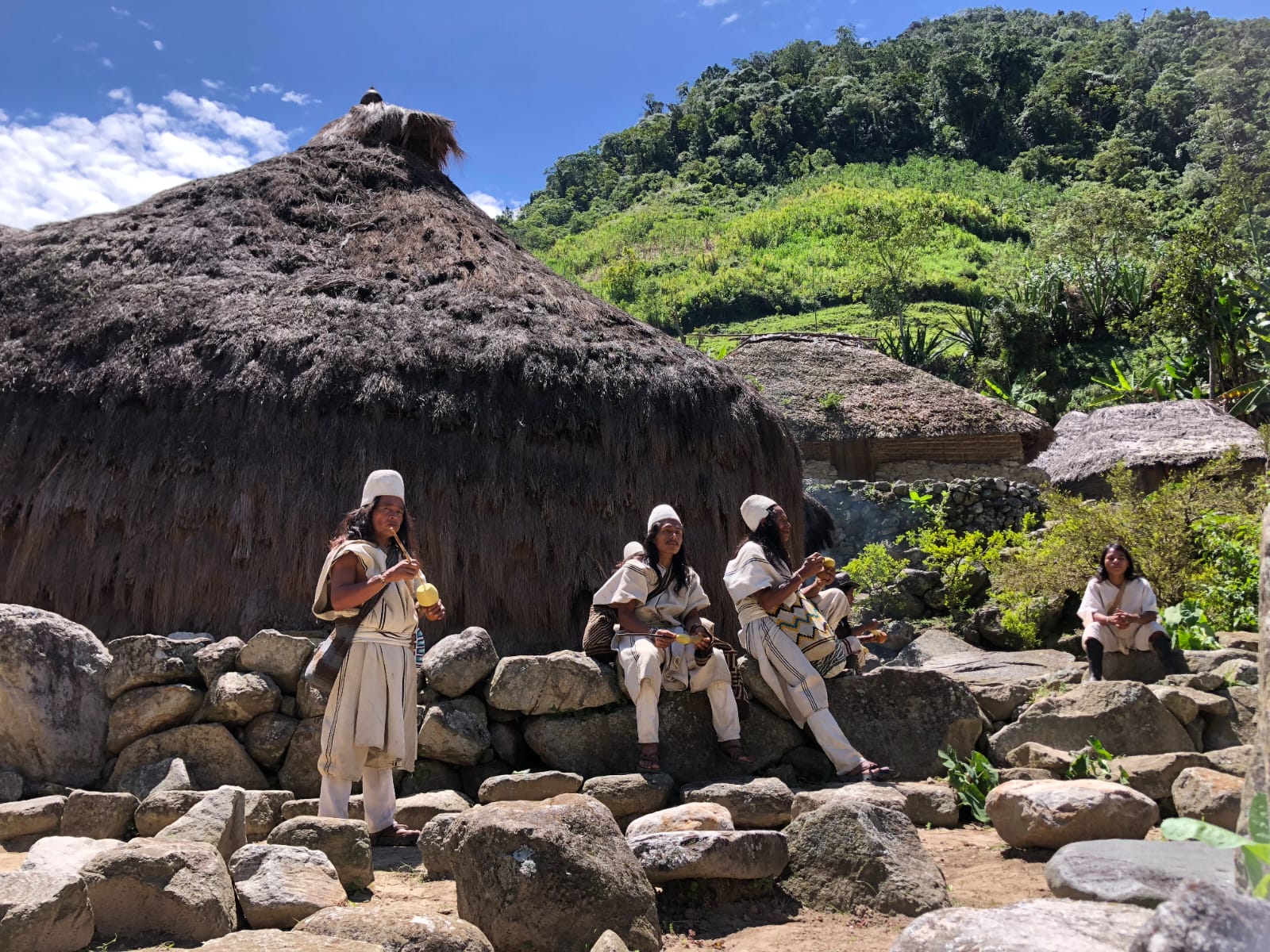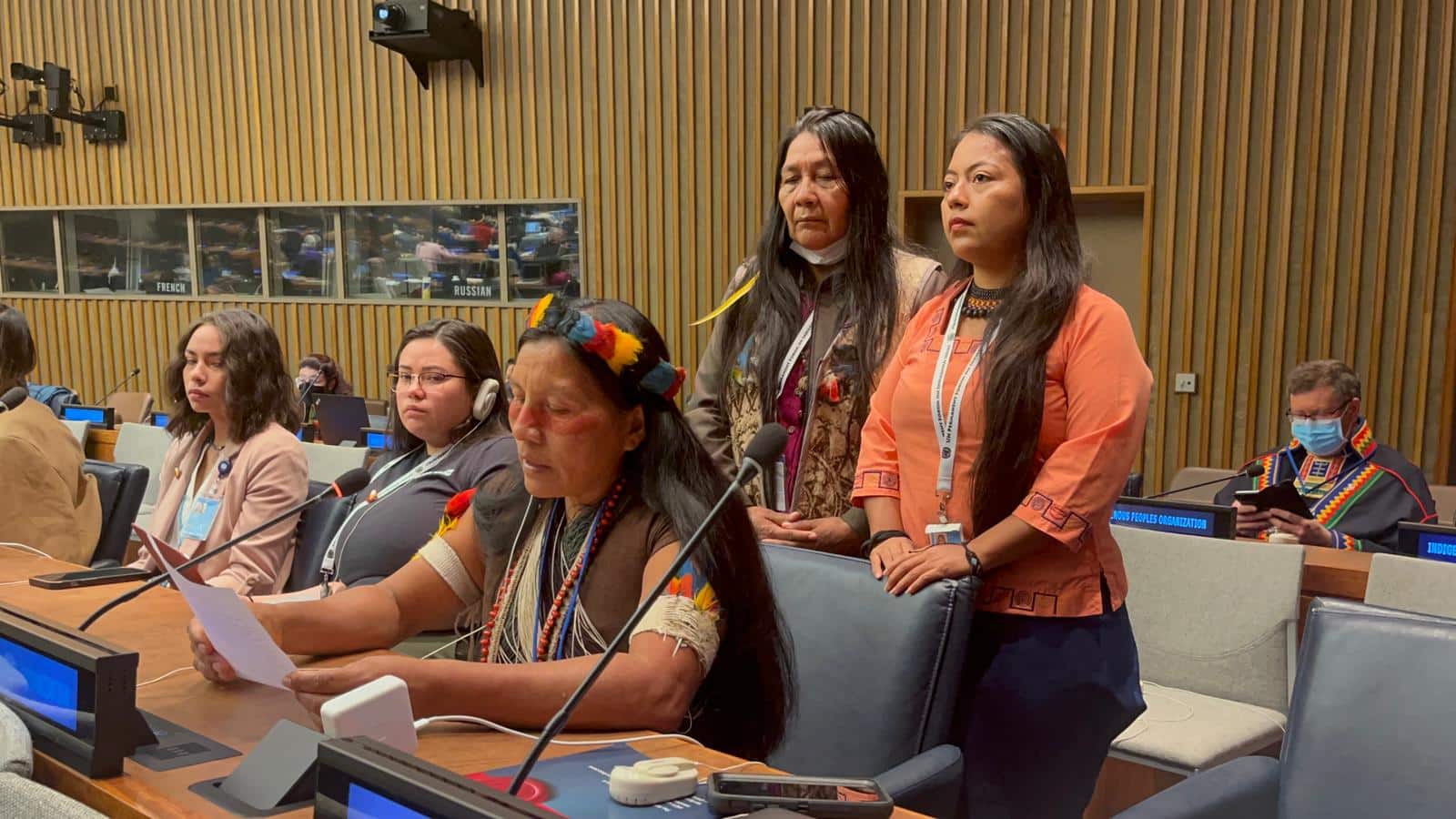Today marks 25 years of the signing of the Chittagong Hill Tracts Peace Accord between the Government of Bangladesh and the United People’s Party of the Chittagong Hill Tracts, that was supposed to put an end to a long-lasting armed conflict between the Bangladesh Army and the Indigenous Peoples of the Chittagong Hill Tracts in southeastern Bangladesh. Despite hopes for stability and peace, the Government of Bangladesh has failed in implementing the treaty, and human rights violations in the region remain.
The Chittagong Hill Tracts (CHT) is a culturally and biologically diverse, hilly area in southeastern Bangladesh, at the border of India and Myanmar. The area is home to 11 Indigenous Peoples who collectively identify themselves as the Jumma people, deriving from the practice of “Jhum”, a type of shifting cultivation.
Even though the CHT was colonized by the British in 1787, the Indigenous Peoples could live their lives more or less freely and practice their self-determination until 1949, when Great Britain handed over the administration of the area to Pakistan. The Government of Pakistan started reducing the rights of the people, seizing their lands, and introduced a Bengali Muslim Settlement Program in the region. In 1962, for example, 100,000 Indigenous People were displaced from their homelands due to the construction of the Kaptai dam.
In 1971, with the establishment of the State of Bangladesh, the human rights situation of the people of the CHT only started getting worse. The State did not recognize the identity or culture of the non-Bengali peoples in Bangladesh in its constitution and started taking heavy measures to diminish Indigenous cultures. The CHT became heavily militarized to which the Indigenous Peoples responded by establishing their own political party (PCJSS) with a military arm, Shanti Bahini, that launched an insurgency against state forces in 1977. A violent conflict occurred for 20 years until the CHT Peace Accord was signed in 1997. Even though the treaty was expected to begin a new period of peace in the area, many problems remain unresolved and severe violence shadows the lives of the Indigenous Peoples of the Chittagong Hill Tracts.
“It has been 25 years since the Peace Accord was signed, and human rights violations against the Indigenous Peoples of the Chittagong Hill Tracts continue unabated, including killings, forced disappearances and sexual violence against Indigenous women. It is past time for the government of Bangladesh to address these issues and take the necessary steps to fully implement, with the full and effective participation of Indigenous Peoples, the Chittagong Hill Tracts Peace Accord of 1997.” – Brian Keane, Executive Director of Land is Life



